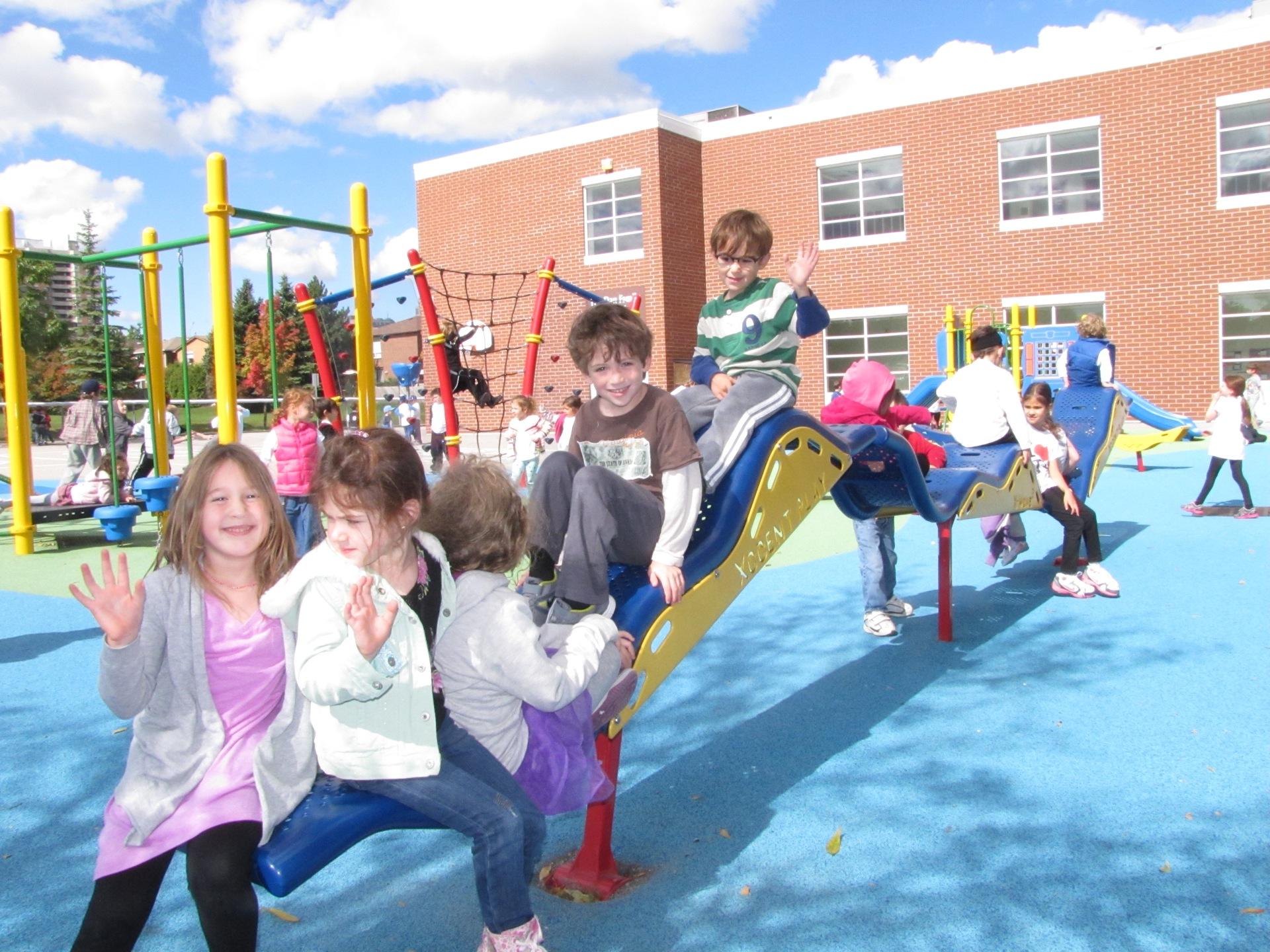
Submitted by A.C. Ludlow on Tue, 16/02/2016 - 07:53
‘I just feel like they treat foreigners differently now. [British institutions] have the public agreement, let’s say acceptance, to discriminate', says Roza.
Roza is a Polish national and has lived in the UK with her two children since 2007, after her husband was head hunted to come and work for a British firm. There are many things that Roza and her family love about living in the UK especially, she says, the freedom, and that people are 'equal by law'.
But life in Poland was good. Roza says that she and her family enjoyed a better standard of living there. Although Roza has professional qualifications, she has struggled to find work in the UK: 'Employers say I'm over-qualified, or I have no experience in this particular area or they don't recognise my qualifications because they are not from the UK.' Her experiences at the Job Centre were not positive:
‘The Job Centre looked at me like someone who could work only physically, as a cleaner. I respect cleaners very much but I have professional qualifications. They didn’t see me as someone with more to offer.’
Whilst searching for paid employment, Roza has devoted her energies to voluntary work. She talks passionately about being involved in her local community. This outlook and these experiences only seem to add to her frustration and disappointment about the current negative media and political messages about migration. She describes migrants as 'underground people' and 'just the flag'; an easy group to blame, and a distraction from 'the real government intentions' of cutting benefits and public services to the disadvantage of all people (UK and non-UK nationals alike).
'Compared to our first time in the UK we didn’t have any negative experience at all. Now, even walking on the streets, if we meet a drunk man [...] I have heard how bad my nationality is and that we should go back to Poland. And I understand, it’s a drunk man. But it's happened now. It has changed something.'
Roza describes how migrant communities feel less able to speak up about their unfair treatment because of the anti-migrant political discourse:
‘It has really frightened migrants because we have been made to feel like we are really the worst kind of people. [...] People are here but they are really uncertain about what’s going to happen so, yeah, I think it makes people stop talking. Some immigrants in this area have decided to not complain, better not complain even if they have a right to say something about a negative experience. They’re asking children just ignore it if you are treated badly because if not someone may hurt you more. Even from my personal experience [...]. My [child] is in school and one of his friends said something that you have a place that is supposed to be being used by an English child not a Polish child.’
'It has become important in the UK where you are from, not what you are contributing', Roza says.
She finds it 'really difficult' to explain the situation to her children: 'I know we are different because we are foreigners but we are human and we should be equal and we should be respected because we respect others, so why not respect us?’
